Speak, Memory
 Speak, Memory by Vladimir Nabokov (1951). The son of a Russian aristocrat who was assassinated for his belief in democracy, Nabokov had a preposterously privileged childhood, including teams of governesses and servants and sojourns along the Riviera. When the Bolsheviks arrived, the family was forced to flee amid a hail of bullets.
Speak, Memory by Vladimir Nabokov (1951). The son of a Russian aristocrat who was assassinated for his belief in democracy, Nabokov had a preposterously privileged childhood, including teams of governesses and servants and sojourns along the Riviera. When the Bolsheviks arrived, the family was forced to flee amid a hail of bullets.
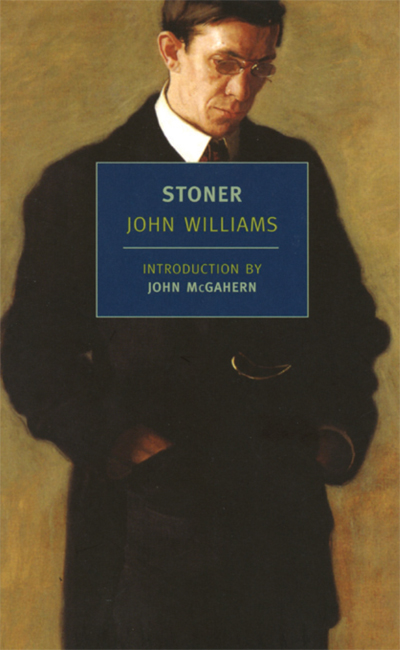 Stoner
Stoner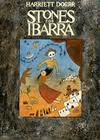 Stones for Ibarra
Stones for Ibarra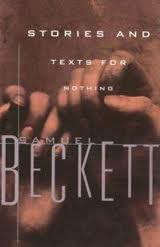
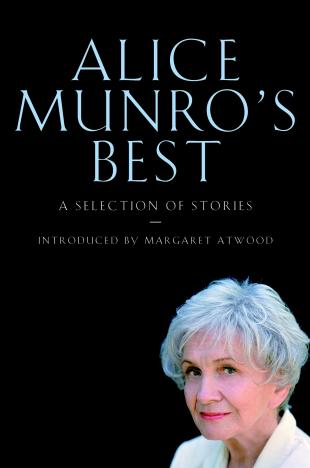 Stories of Alice Munro
Stories of Alice Munro Stories of Andre Dubus
Stories of Andre Dubus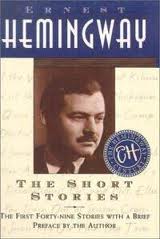 Stories of Ernest Hemingway
Stories of Ernest Hemingway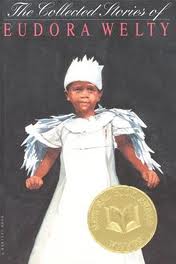 Stories of Eudora Welty
Stories of Eudora Welty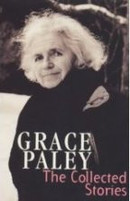 Stories of Grace Paley
Stories of Grace Paley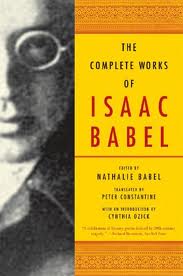 Stories of Isaac Babel
Stories of Isaac Babel